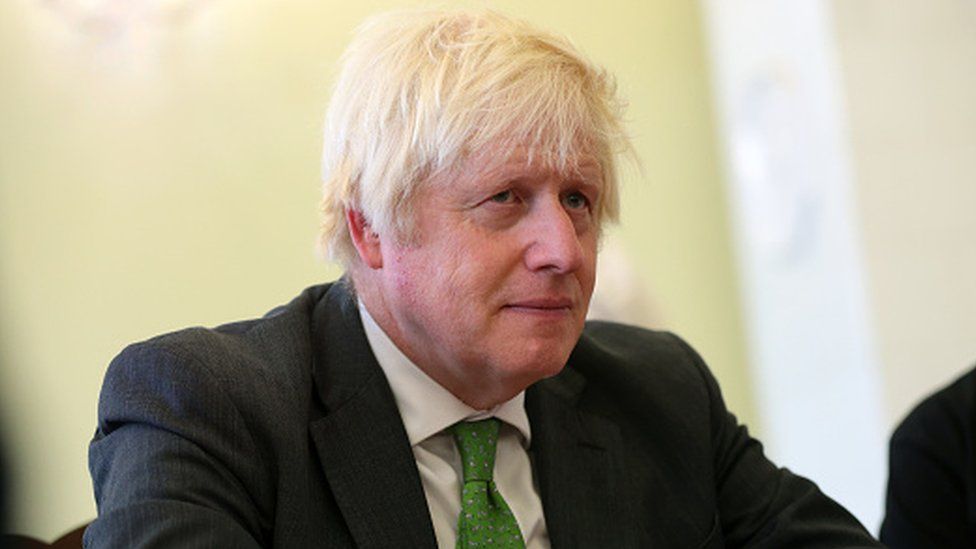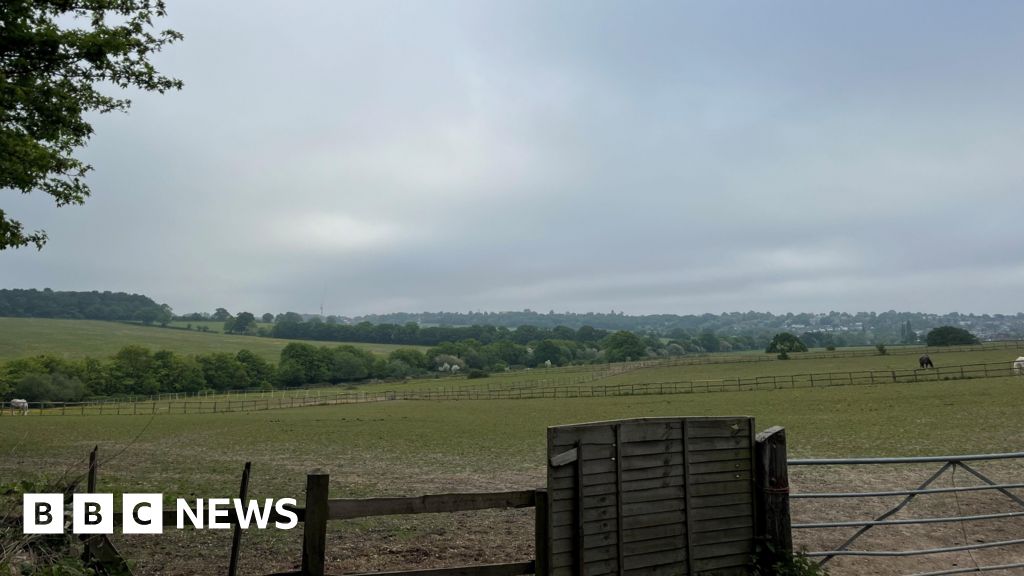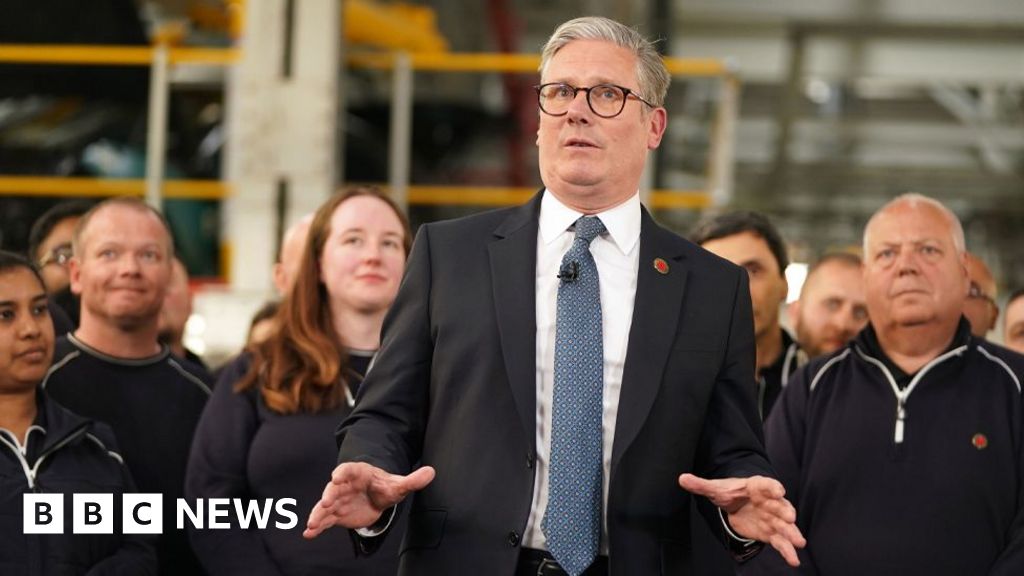ARTICLE AD BOX
 Image source, Getty Images
Image source, Getty Images
By Joshua Nevett
BBC Politics
The government's justification for footing a £265,000 bill for Boris Johnson's Partygate inquiry legal fees has been criticised by the spending watchdog.
An inquiry by MPs found the former prime minister had deliberately misled Parliament over lockdown parties during the pandemic.
The top lawyers helping Mr Johnson were paid for with taxpayer funds.
The government has repeatedly defended using public money to cover the costs.
But following its inspection of government accounts, the National Audit Office (NAO) said it was not convinced by the reasoning behind the decision, saying it was not "wholly persuasive".
In an audit opinion, the government's spending watchdog said due process was not followed when signing off the money for Mr Johnson's lawyers.
As the BBC reported earlier this year, the Cabinet Office did not seek Treasury sign-off before deciding to pay for the bill with public money.
The Treasury's spending rulebook says its consent should always be sought for costs "which set precedents, are novel, contentious or could cause repercussions elsewhere in the public sector".
The Cabinet Offices has argued the Treasury is not required to approve all of its spending decisions, and because the Partygate inquiry related to Mr Johnson's conduct as a minister, he was entitled to taxpayer-funded legal support.
But Gareth Davies, who leads the NAO, suggested a spending commitment of this kind should have been flagged as novel and contentious.
Mr Davies wrote: "I have considered the precedents cited by the Department [the Cabinet Office] in concluding that this proposed expenditure was not novel, contentious or repercussive, and did not find these to be wholly persuasive."
The NAO scrutinises the way public money has been used by the government and gives audit opinions on spending decisions across the public sector.
It first emerged in February that the spending watchdog was examining the decision to cover Mr Johnson's legal costs during the Partygate inquiry by the Commons Privileges Committee.
As the bill grew into a six-figure sum, the Cabinet Office came under pressure to explain why taxpayers - and not Mr Johnson himself - were on the hook.
The government said the decision was justified, saying there is a precedent for supporting former ministers with legal representation.
It has cited legal support given to former ministers during public inquiries into the Grenfell Tower fire, the BSE disease outbreak in cattle, and infected blood products as examples of precedents.
But to date, the government has not been able to name an example of a former minister receiving taxpayer-funded legal support for a parliamentary inquiry.
The BBC has spoken to two former ministers who were investigated by MPs for misleading Parliament and were not given legal support.
In his audit opinion, Mr Davies said the government "recognised that none of these previous examples was an exact precedent for this case".
He added that most of the examples cited by the government "relate to legal advice provided to former prime ministers to support their evidence sessions with public inquiries, which is a well-established practice".
"In my view, these examples are substantively different from an investigation by the Committee of Privileges into a potential contempt of the House by a prime minister."
The BBC has contacted Mr Johnson and the Cabinet Office for comment.
Mr Johnson has faced calls to pay the legal costs himself, with opposition parties highlighting he has earned millions since standing down as prime minister.
The inquiry by the Privileges Committee was launched last April, after opposition parties accused Mr Johnson of misleading MPs about gatherings in government buildings during Covid-19 lockdowns.
In its conclusions, the committee said criticisms of the inquiry in opinions submitted by Mr Johnson's legal advisers were "without merit".
Mr Johnson said the inquiry amounted to a "political assassination", and branded the committee's findings "deranged".
The former prime minister stepped down as a Conservative MP in June, saying he was "forced out of Parliament" over Partygate.

 1 year ago
33
1 year ago
33








 English (US) ·
English (US) ·